Water Crisis Deepens in Syokimau
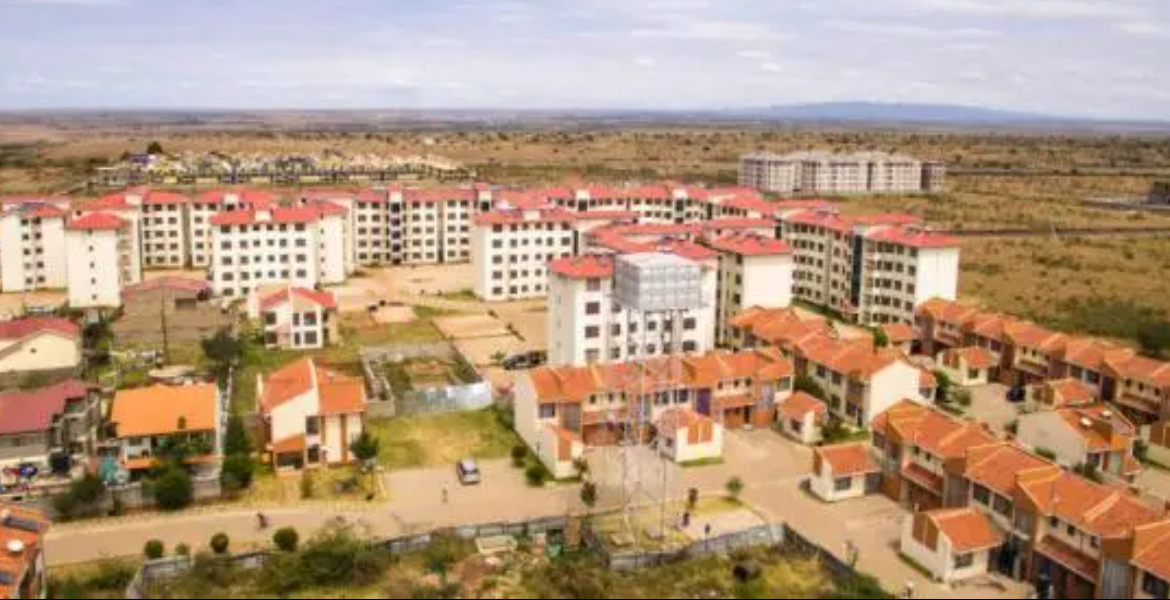
Syokimau residents continue to face severe water shortages despite government investments and infrastructure projects aimed at resolving the crisis.
Syokimau, once a quiet suburb on Nairobi’s outskirts, has developed rapidly into a middle-class residential area with rising property values. However, reliable access to clean, piped water remains a major challenge. The collapse of a key water pipeline managed by the Export Processing Zone Authority (EPZA) seven years ago cut off the main water supply to thousands of homes.
Since then, residents have depended largely on water vendors and boreholes, sources that often contain high fluoride levels, damaging to plumbing and unsuitable for all household uses. The absence of a sewer system has forced homeowners to rely on expensive septic tank emptying services.
Joseph Maingi, a retired Kenya Defence Forces officer who has lived in Syokimau since the 1990s, recalls that water was once readily available in the area. Despite Syokimau’s growth, driven by its location near the Nairobi Expressway and affordable land, infrastructure has not kept pace.
Banker Anne Ndwiga reports that piped water last flowed into the suburb in 2018. Since then, vandalism has further damaged dormant infrastructure, leading residents to ration purified water for drinking while using fluoride-laden water for other needs.
Landlords and developers are also affected. James Wainaina, who owns 34 rental properties in Syokimau, spends about Sh50,000 monthly on borehole water and an additional Sh22,000 on septic tank drainage. These costs reduce rental income and increase financial pressure on tenants, many of whom still need to find safe drinking water independently.
Commercial businesses face similar difficulties. Simon Meme, who runs a car wash on Katani Road, pumps 10,000 litres of borehole water daily, paying Sh30,000 per month for electricity. The high fluoride content damages vehicle paint and leaves stains, affecting service quality.
In the nearby informal settlement of Kicheko, residents queue for hours to buy water at Sh15 per 20-litre jerrycan. Most are casual workers employed in Syokimau, and their daily water access is a constant struggle.
Water vendors have capitalised on the shortage. Along Katani Road, trucks and donkey carts transport jerrycans through heavy traffic to meet demand. Vendor James Kimeu notes that prices often double during dry periods when boreholes run dry.
In April 2023, President William Ruto launched the Sh2.7 billion Mavoko Drinking Water Supply Project in Mlolongo township, promising 12 million litres of fresh water daily for Syokimau and surrounding areas. Despite full reservoirs observed recently, no water has yet reached Syokimau homes.
Local leaders are engaged in efforts to address the issue. Mohamed Ismail, chairperson of the Syokimau Residents Association, says discussions continue with Machakos County Government to expedite water delivery. Syokimau location chief David Kilonzo has proposed a community-led project to fund new piping infrastructure, though it faces logistical and financial challenges.
Urban experts warn that the ongoing water crisis could harm property values over time. Although land prices have increased by 15.8 per cent to Sh33.7 million per acre, inadequate essential services may discourage future investment.

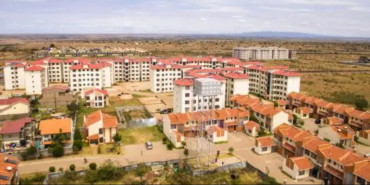
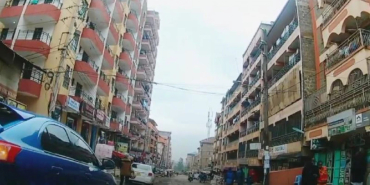
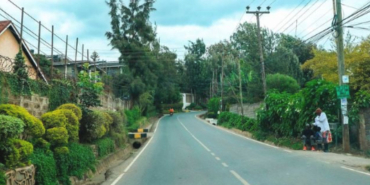
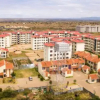

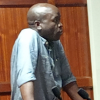
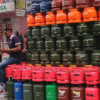
Add new comment